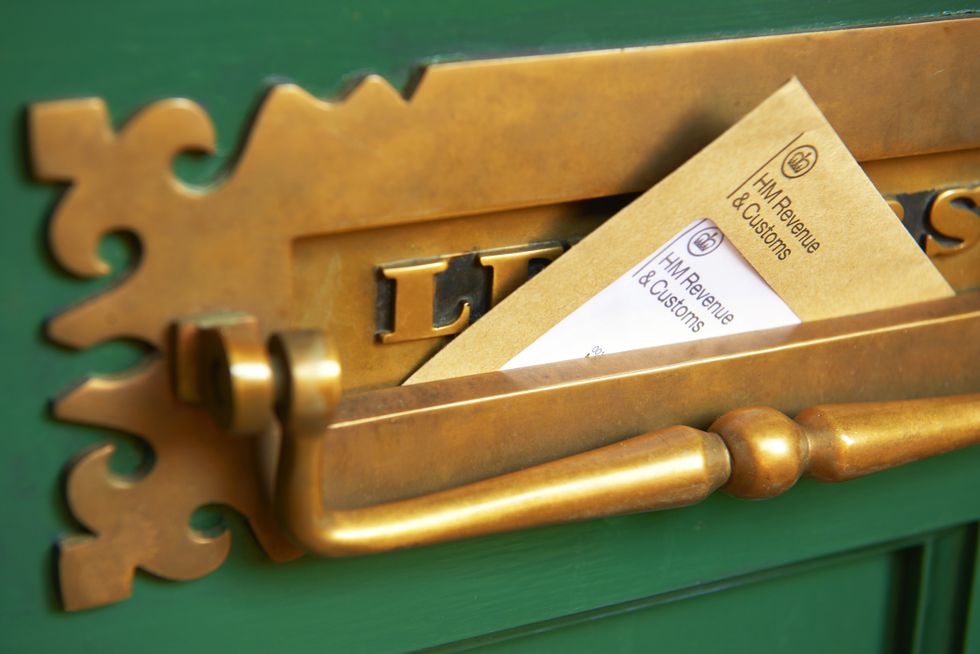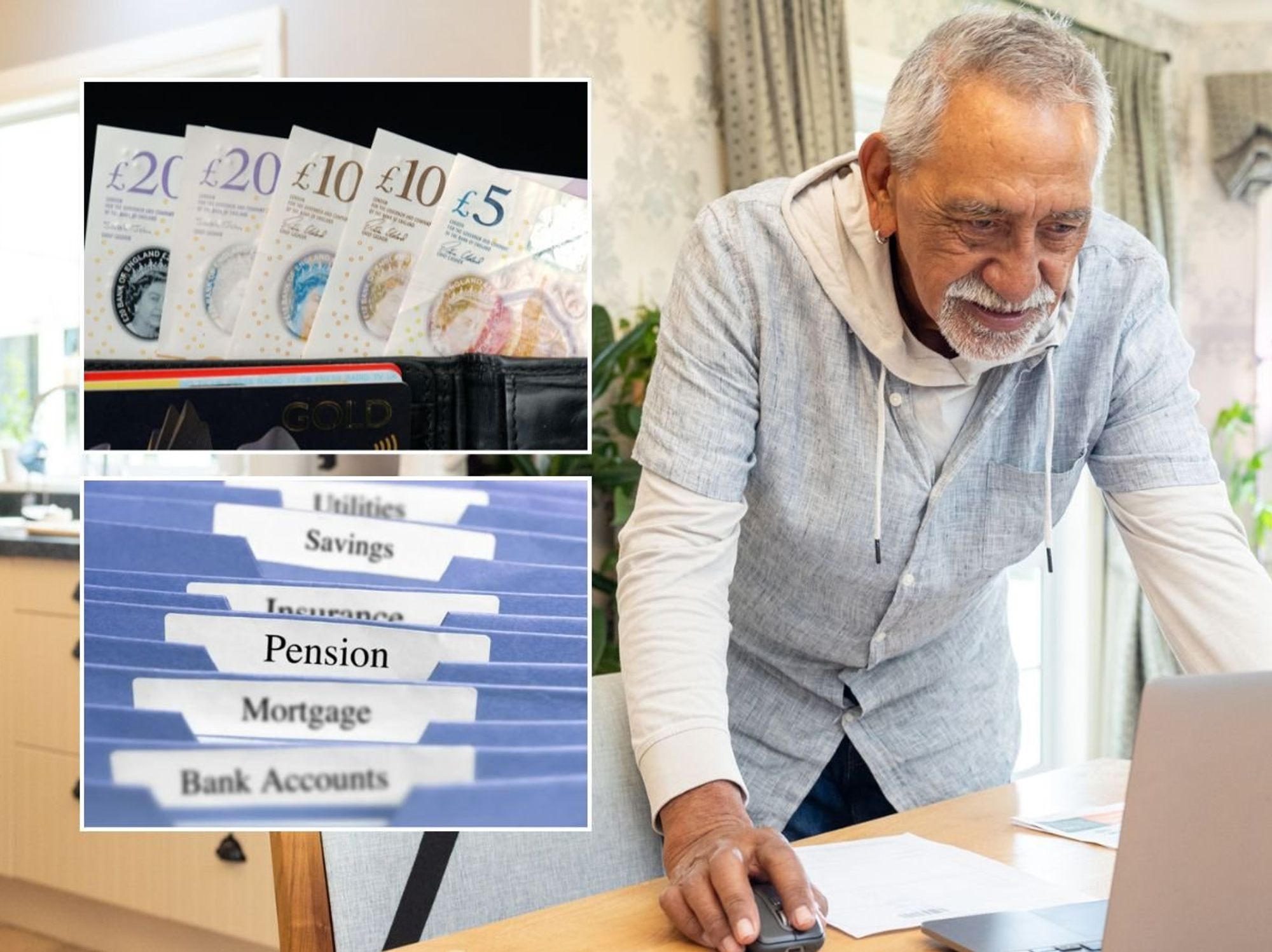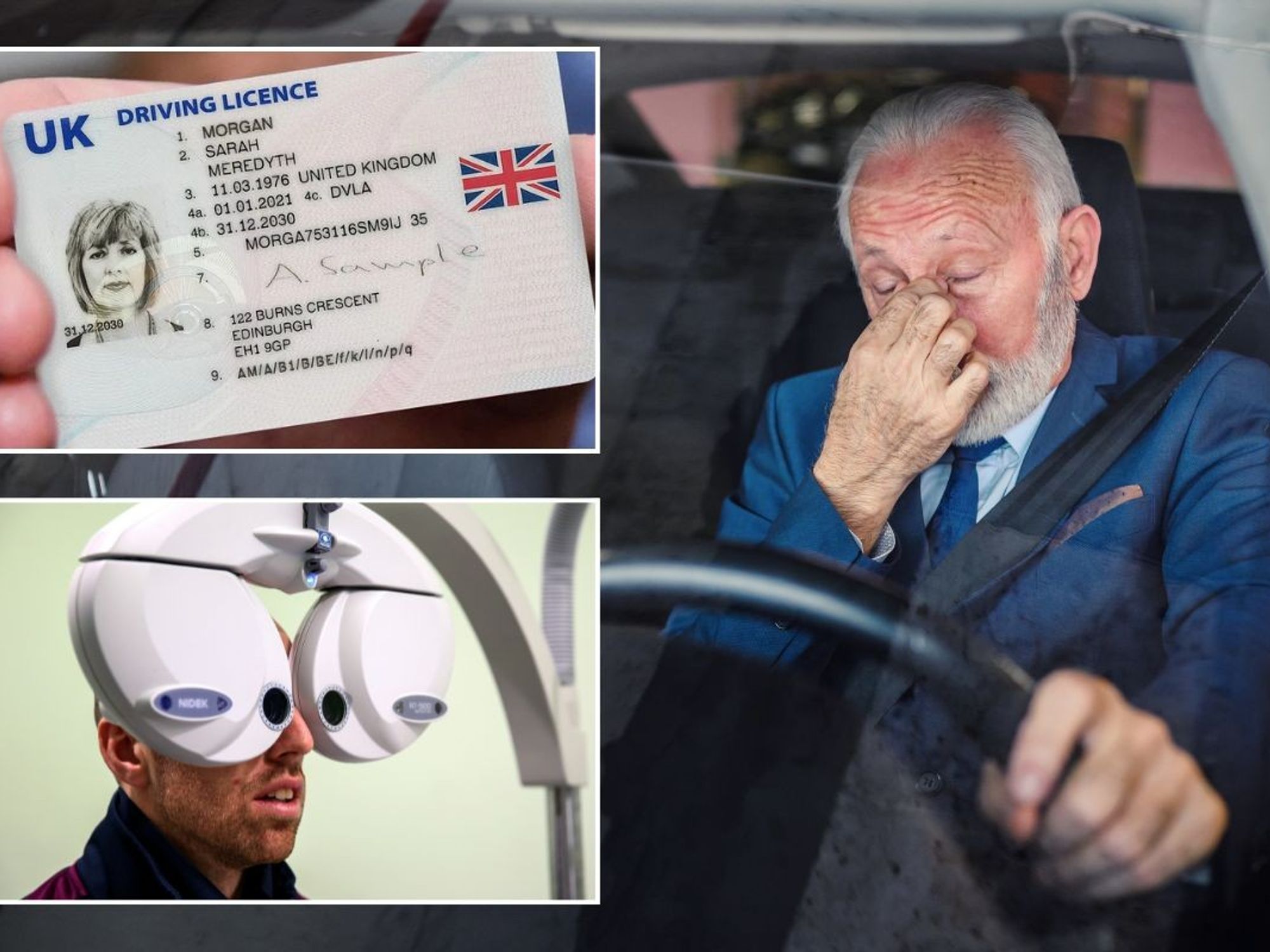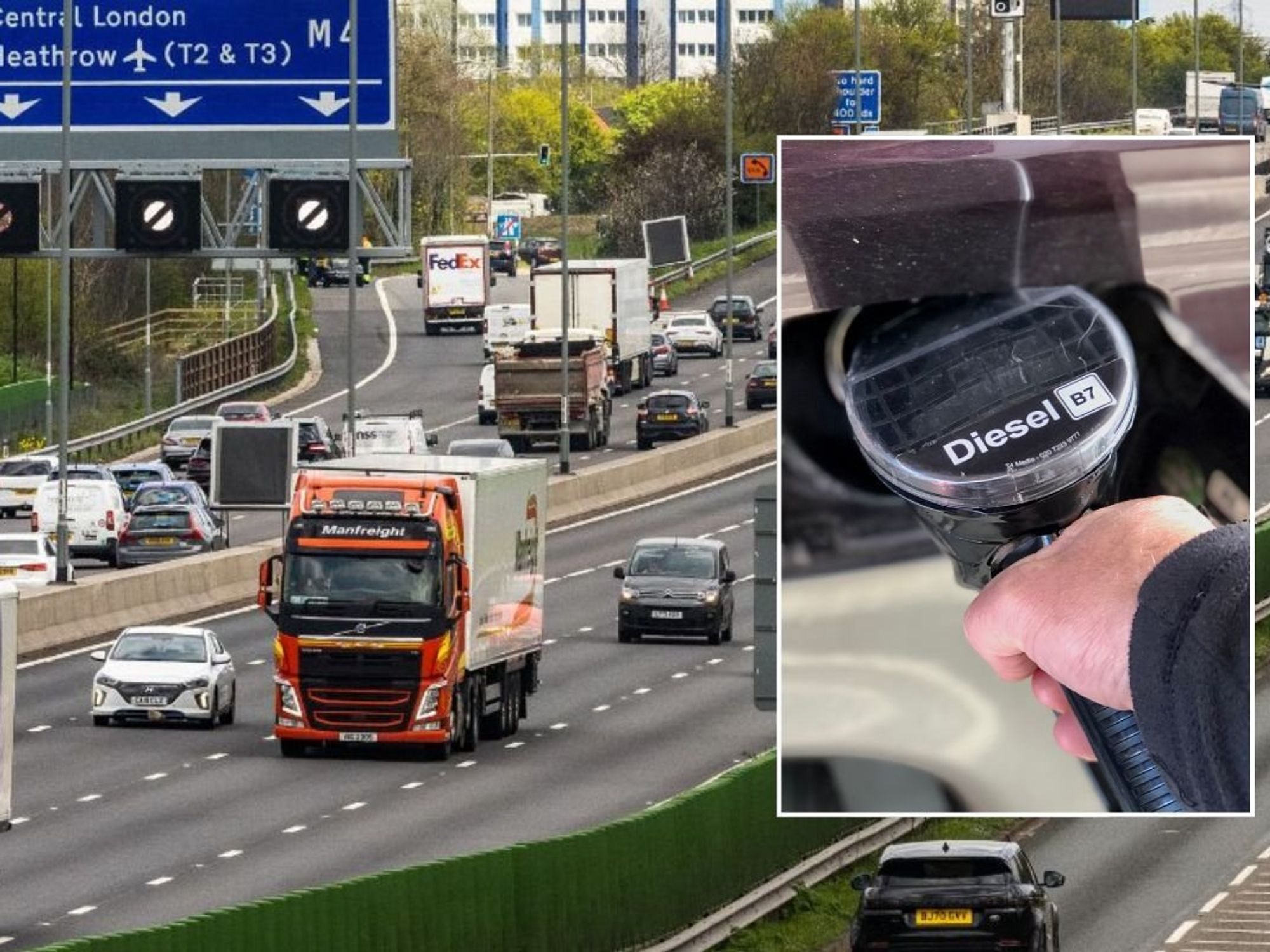State pension warning: 700,000 pensioners hit with unexpected tax bill from HMRC demanding £655

Many older Britons may have to start paying income tax for the first time since retirement
Don't Miss
Most Read
Nearly 700,000 pensioners in the UK have received end-of-year tax demands from HMRC, with an average bill of £665 each, according to recent data.
This marks a significant increase of over 120,000 people compared to two years ago.
The rise is largely attributed to the ongoing freeze in tax-free allowances, coupled with annual increases in state pension payments.
As the personal allowance threshold remains fixed at £12,570 since April 2021, more retirees are finding themselves pushed into the tax net.
This trend is expected to continue, potentially affecting even more pensioners in the coming years as state pension payments approach the tax-free allowance limit.
The 'simple assessment' process targets individuals whose income exceeds the personal allowance but cannot be taxed through PAYE on earnings or private pensions.

Hundreds of thousands of pensioner have gotten letters from HMRC
| GETTYHMRC calculates these bills using information on state pension payments and investment income before issuing demands.
Sir Steve Webb, former pensions minister and partner at LCP, explained: "Where the tax due can be collected via a tax code on a wage or a private pension payment then the taxpayer does not need to take any further action.
"But if someone is over the tax threshold purely on the basis of state pension and investment income, they may well find they receive an unwelcome demand at the end of the tax year."
The impact on pensioners is causing concern among experts and charities.
Caroline Abrahams, charity director at Age UK, said: "These numbers are high, and we are worried about how many older people this is affecting.
"Freezing tax allowances over a period when inflation has been surging means more older people are having to start paying income tax while others are facing higher tax bills."
Webb highlighted the potential financial strain stating: "Although an average bill of £665 may not sound very large, it could be the equivalent of about three weeks' pension and a pensioner whose income is only just above the tax threshold may not have such a sum readily available."
The situation is likely to worsen in the coming years. With the state pension set to rise by four per cent next April, more pensioners could find themselves crossing the tax threshold.
Internal Treasury calculations suggest the state pension could reach around £12,000 by 2025/26, dangerously close to the current £12,570 tax-free allowance.
Dennis Reed, director of Silver Voices, warned: "Unless action is taken by the Chancellor to raise the lower tax threshold, hundreds of thousands more pensioners will find themselves sucked into paying tax by the end of this Parliament because they have a small private pension or a little income from a savings nest egg."
This trend could significantly impact retirees with modest incomes, potentially forcing many to start paying income tax for the first time since retirement.
For pensioners receiving tax demands, HMRC advises that payment is due by January 2025. Recipients can opt to pay in instalments, provided the full amount is settled by the deadline.
LATEST DEVELOPEMENTS:
HMRC offers an online Simple Assessment guide for pensioners seeking more information.
To potentially reduce tax bills, Laura Suter, director of personal finance at AJ Bell, suggests maximising tax-free income: "For example, any withdrawals made from their ISAs will be free of any tax, so they can use that pot of money to boost their income without impacting their tax bill."
Helen Morrisey from Hargreaves Lansdown adds that pensioners might consider using their pension to supplement income.
She said: "Most people can access 25 per cent of their pension as a tax-free lump sum so they may decide to use this to top up their income without pushing up their tax bill."










